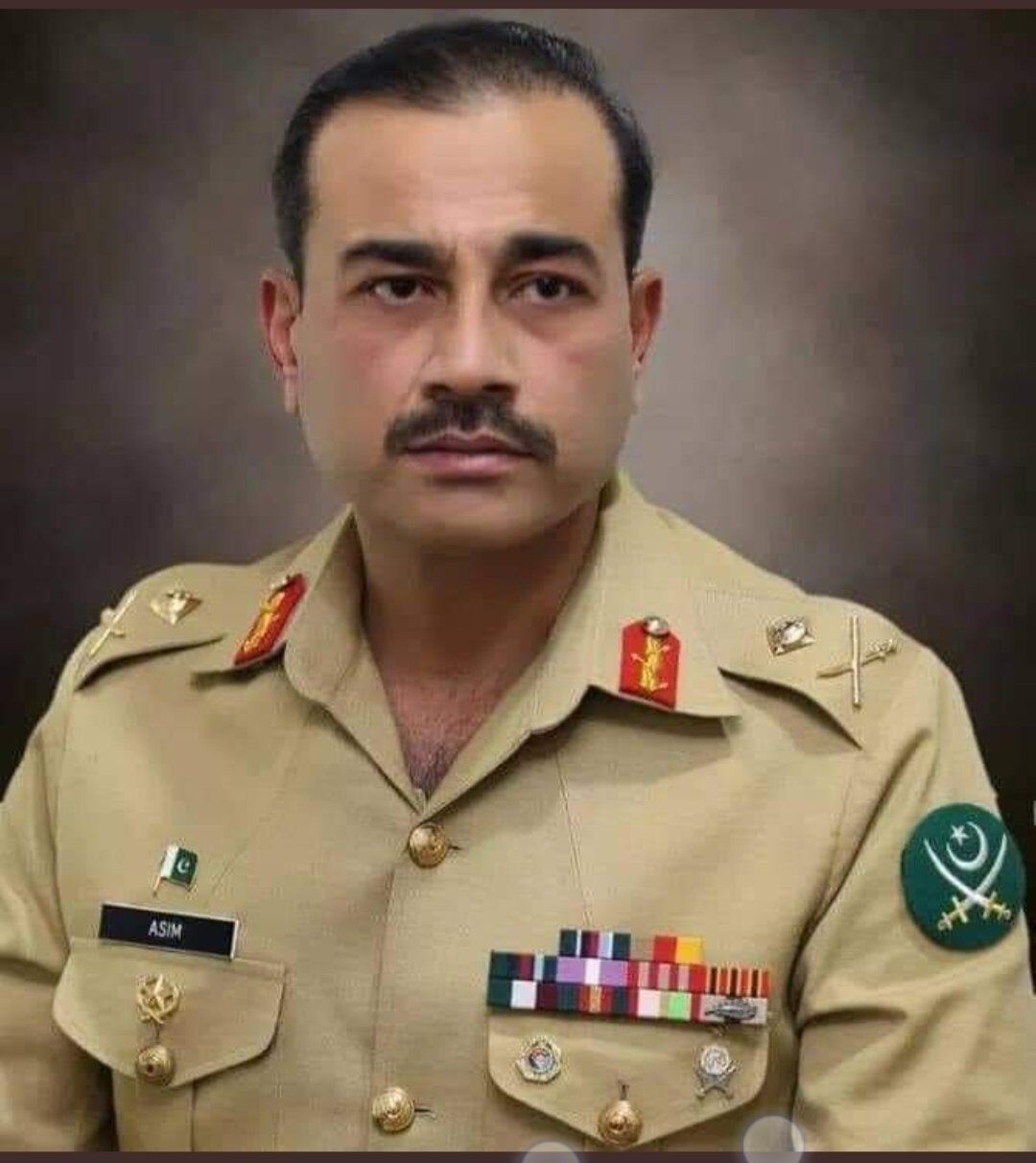A fresh chapter

Finally, with the exit of General Qamar Javed Bajwa from Army Chief post, and handing over of the reins to Lt Gen Syed Asim Munir Shah, on November 29, Pakistan's power structure will enter a new chapter — with some probable changes and a lot of obvious continuity. General Bajwa opted not to seek yet another term, leaving the way forward for the change unobstructed. The long tradition of the Pakistani Army would reveal that this change carries a weight of permanence, meaning that implications, good or bad, can be for long, indeterminate time. Lt Gen Munir Shah — a religious minded military person — is known to have worked with General Bajwa in various capacities in the past. Before he takes over as the Army Chief next week, it may be important to consider what template General Bajwa has set for the new chief. Bajwa is someone who is seen by India in a favorable light, at least relatively. Only time will tell how Munir goes about with his approach towards India. In his farewell address, General Bajwa spoke his heart out in a lamenting tone on the 1971 Bangladesh war. The defeat in that war is like Samuel Taylor Coleridge's albatross hanging around the neck of Pakistan's Army. Bajwa's allegation that the 1971 war was a political failure and not a military one, brings to light the relationship between the two parallel power centers in Pakistan's politics. It reflects a hidden animosity, a grudge that won't pass so easily. Bajwa sounded hurt when he indirectly referred to Imran Khan's hostile stretch with the military lately. The worldwide perception of the Pakistani Army ruling the roost over the politics of the country suddenly appeared as a faux pas. So rattled was the Army Chief from the indignity and criticism faced by the people, particularly the political class, of his country that he proclaimed that the Army will not interfere with politics anymore. It is surprising that despite enjoying such overwhelming power, for Bajwa, the respect commanded by the Indian Army among its people remains an envy of sorts. It is difficult to say at this point in time whether Lt Gen Munir Shah will subscribe to the diktat floated by Bajwa, because political influence has been the defining feature of the Pakistani Army. While Munir may not choose to loosen his grip over politics, what is possible is that he may operate as a hidden power center whose say will prevail but he won't be heard saying anything to the outer world! Munir's appointment to the post has been made on the "seniority" criterion — contrary to the "consensus" criterion advocated by Imran Khan. Apart from being the senior most contender, Munir also carries due deft and experience required for the position. After Lt Gen Asad Durrani and Lt Gen Hamid Gul, Munir is the only third officer who has headed both Military Intelligence (MI) and Inter-Services Intelligence (ISI). Also, after General Ashfaq Parvez Kayani, he is the only ISI officer to become Army Chief. While MI mainly pertains to the inner dynamics of the Pak military, the ISI is known for its global outlook. Having served in both, Munir certainly is the best candidate to serve the interests of Pakistan. His impeccable military record on one side, Lt Gen Munir, on the other, is bestowed with the title of Hafiz-e-Koran — a person who is capable of reciting the entire holy book. His overt religious approach is seen by many as a potential fillip to religious fundamentalism, which is already present at an alarming scale in the country. India, which is believed to be one of the prominent sufferers of religious fundamentalism, will have a keen eye on the moves made by Munir. More importantly, within Pakistan itself, Imran Khan may have a hard time ahead. Not only had the former PM cut Munir's ISI stint short, but has also been quite critical of the Army in general. It will be disapproving, but not surprising, if Munir decides to go after Imran on a personal note.



